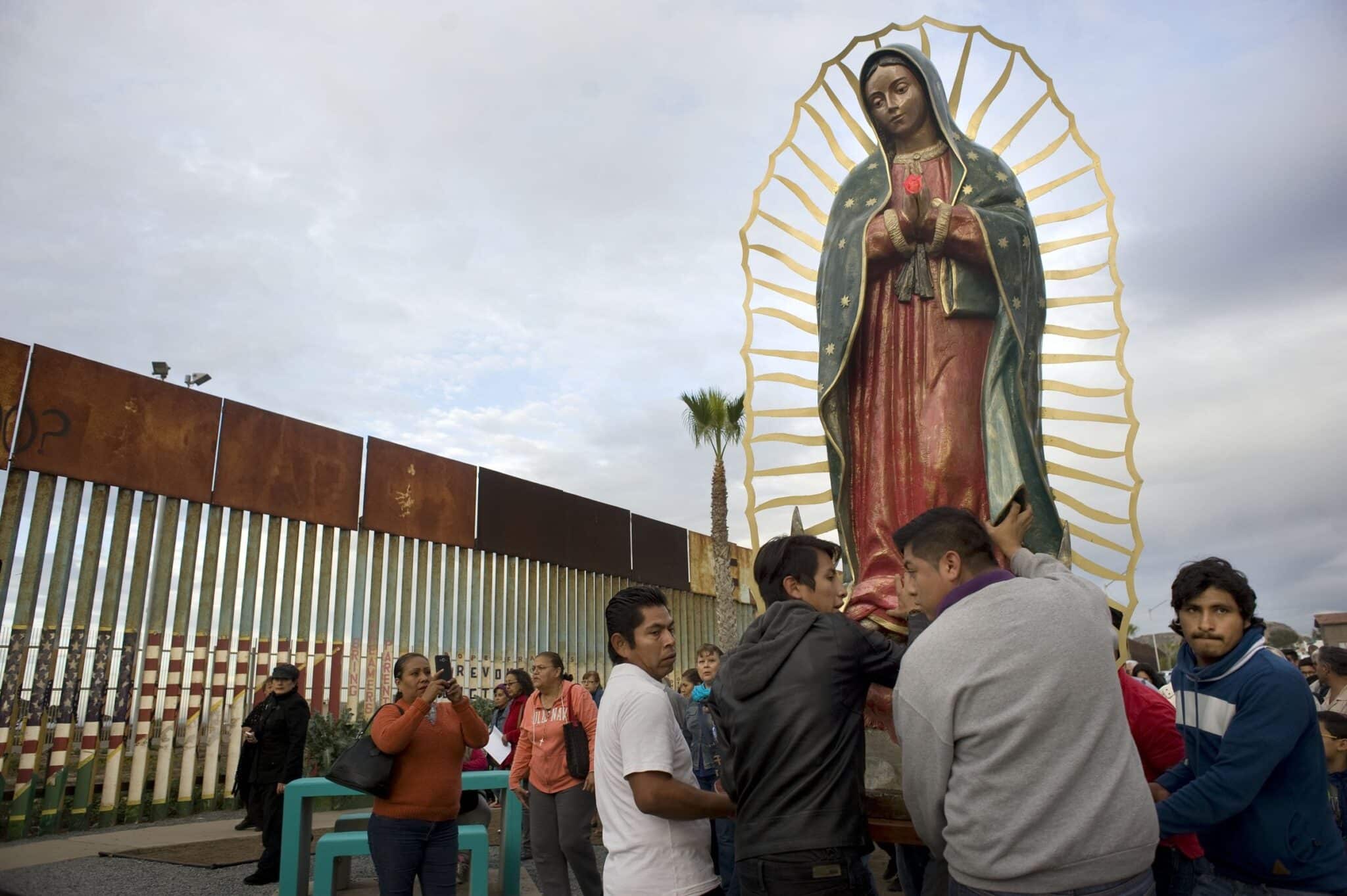Should a laywoman use artificial beauty aids such as hair coloring, nails, eyelashes, or makeup?
First of all, this is a question that, in general, involves both men and women, although the specifics may differ. I’ll answer your question with two of my own: How much does using such things arise from a sense of “If I only do that, then my life will be much better”? Can any of those choices explain the difference between a happy life and one of constant frustration?
Some years ago, 60 Minutes aired a story about a woman who had undergone numerous cosmetic surgeries so that she could “look just like Barbie.” Men, of course, can do the same things but with some ideal man in mind.
Isn’t the “I’ll-be-happy-when . . . (fill in the blank)” approach bound to fail because it suggests that a person’s happiness depends on something over which he or she probably has insufficient control? The 60 Minutes story cited above did not suggest that this woman’s happiness automatically increased with each surgery intended to bring her closer to her physical beauty goal.
Although some cosmetic surgeries (such as one for a cleft palate) are perfectly understandable and morally good, the “more-is-better” approach has its limits in other situations.
By all means, you can use the procedures you listed above, but I urge you not to give any one of them the power to make your life perfect.
Sometimes we can act as though we are simply blank slates on which only other people are allowed to write. Adults tell themselves the whole truth about what is causing their happiness or unhappiness—and their own role in that situation.
Some time back in responding to a question about in vitro fertilization, you wrote: “Depending on the medical situation of a couple, eggs and/or sperm can be extracted, undergo a process to improve chances of conceiving, and then be reintroduced into the woman’s body where the conception occurs.
“The Catholic Church is not opposed to such procedures.” Is that what the Catechism of the Catholic Church teaches? If so, where?
Yes, that is what it teaches. Article 2376 condemns heterologous insemination that uses a donor egg and/or sperm, fertilized outside the mother’s body and later inserted there.
What I was describing in the response you cited is called “homologous fertilization” in which the egg and/or sperm come from the same married couple, undergo a procedure (or procedures) to increase the chances of conception, and then are returned to the woman’s body where the fertilization occurs.
The Catholic Church objects to heterologous fertilization because it jeopardizes the identity of a child even if she or he has the most loving two parents possible.
I hear different opinions about whether Christians can practice yoga. My daughter sometimes does yoga. Can I pray with her? Can I pray for her?
Yoga is a pre-Christian practice, and some of its practitioners hold beliefs not compatible with the Gospel. Other people who use it do so primarily for how it benefits their physical and psychological health. You can always pray for your daughter.
How can I help my 21-year-old son to trust in God’s providence? Should I urge him to get back to the Church, Mass, and the sacraments? He was a devout young man until his sophomore year in college. He was under a great deal of stress at school and at work before his suicide attempt.
I hope and pray that things have improved since you wrote. Have you ever asked your son about why he finds it difficult to trust in God’s providence? Have you ever tried to explain why you trust in that providence, despite temptation not to do so? Acknowledging your doubts or struggles may be helpful for the development of his own faith.
Although people can sometimes be talked into buying something that they later consider not worth the money spent, I highly doubt that anyone can be talked into a genuine adult faith. People often grow into that from knowing adults who have faced major challenges in life and yet still believe.
I hope your son returns to the sacraments, but that is more likely to happen if he sees adult believers who are more trustworthy role models than some of the people whom he presently emulates. Whom would he want by his side in a crisis?
God has not given up on him.
Do Christian patriarchs still exist?
Yes, they do. Some are in full communion with the bishop of Rome (for example, the Maronite patriarch in Lebanon), and others are not (for example, Ecumenical Patriarch Bartholomew in Istanbul).
Bartholomew and Pope Francis are on close terms, continuing to exchange official delegations on the patronal feast of each Church: St. Andrew (November 30) and Sts. Peter and Paul (June 29).
The Council of Chalcedon (381) recognized five patriarchates: Rome, Antioch, Alexandria, Constantinople, and Jerusalem. In the 2006 Annuario Pontificio, the title “Patriarch of the West” was deleted at the direction of Pope Benedict XVI.
There are patriarchs in the Orthodox Churches and also in the Eastern Catholic Churches.








